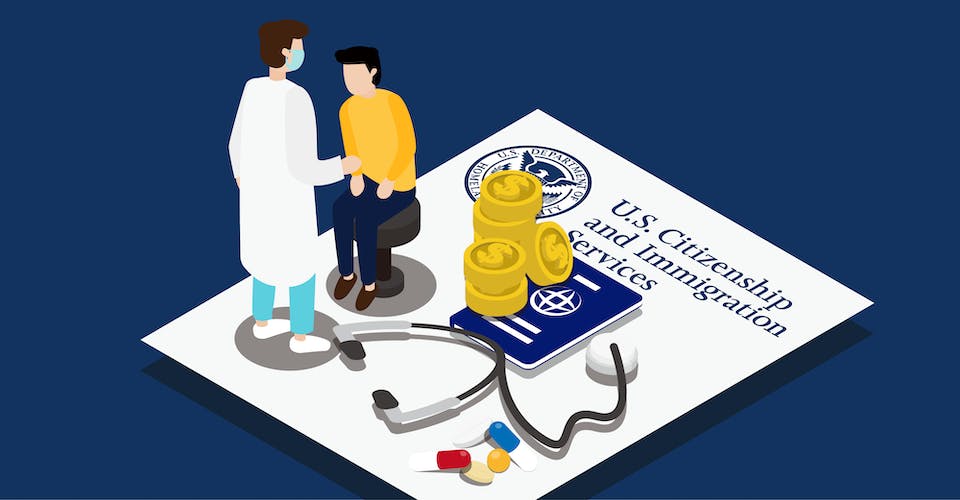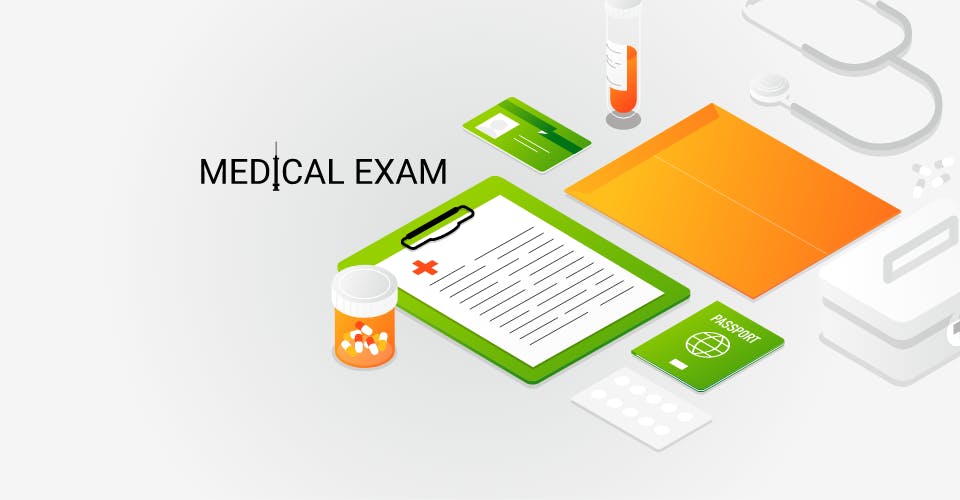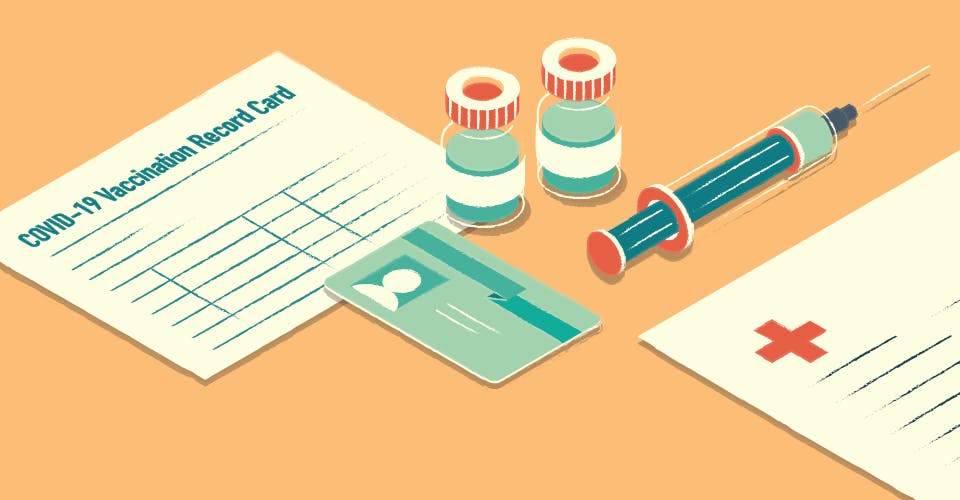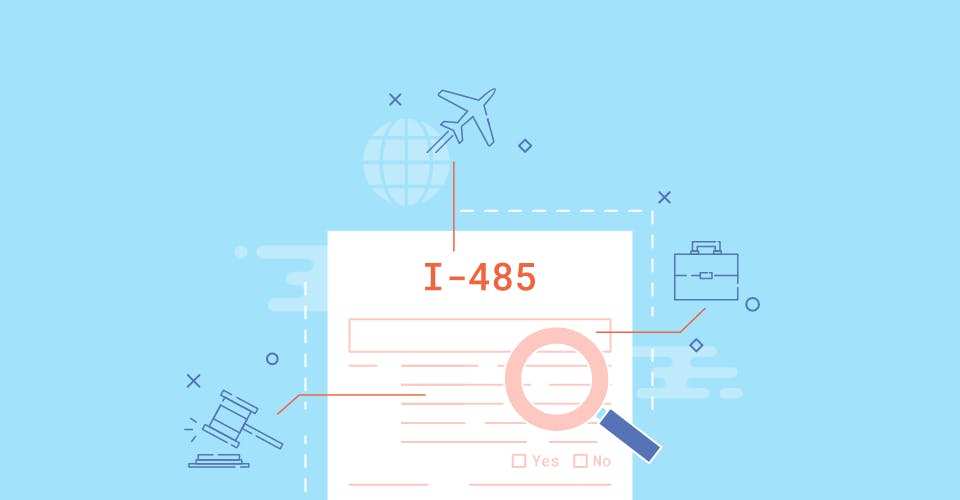The green card process is not complete unless the applicant also has their medical records current and in order. Aside from the I-485 application, which can be downloaded from the USCIS website, and the green card interview, going through the green card process also means completing a medical exam with a USCIS approved doctor. While many applicants might already have their own doctor, or are familiar with getting healthcare in the U.S. (or perhaps not), there is some specificity as to who and where applicants can go in order to complete their medical exam.
Background
For those in the middle of this process and having trouble just understanding where exactly they need to go, here is the answer for what a USCIS approved doctor means— a USCIS approved doctor is the same thing as a doctor residing and practicing in the United States who is also a registered civil surgeon.
Civil Surgeon- A civil surgeon is a licensed M.D. or D.O. with at least four years of professional experience as a physician who has been certified by the USCIS.
In order for applicants to find a doctor who is a certified civil surgeon, they don’t necessarily need to call up doctor offices in the area until they find one who has is certified. This will be over time consuming and inefficient. Instead applicants can simply go to the USCIS database that has already been built to include every doctor within a certain area/zip code that is a civil surgeon. The link for this search engine is here https://my.uscis.gov/findadoctor. Please be aware that while doctors have been added to this database, some doctors that applicants may try to call may not still at the listed address or could have even retired. Calling a few doctors offices and setting aside some time is probably a good idea for this portion of the adjustment process.
The Actual Medical Exam
Because this is a green card process and civil surgeons have been trained to identify public health concerns from individuals who have not previously been in the U.S. for most of their life (where some diseases have been eradicated, but might persist in other regions), the medical exam tests for the following:
- Tuberculosis
- Leprosy
- A thorough vaccination record
- Mental health
- Substance abuse history
- STI test (HIV has been taken off the list as of 2019 for a condition that is not inadmissible to prevent someone from receiving their green card)
The approved doctor will also administer immunizations if needed, and this is where patients who don’t have Medicaid will incur bigger costs (different states have different eligibility requirements, for example the state of New York grants Medicaid to two broad categories of immigrants who are not LPRs or in the U.S. for humanitarian reasons).
Insurance Questions
The other main question that applicants often have, as the cost of any medical procedure in the U.S. can be unusually high, is how much this exam is going to cost and how to potentially get around the costs of a green card medical exam when the budget is already tight for some individuals/families. There is no simple answer to this question.
A better way to think about these costs is to consider ones own health insurance, and their own health, leading up to the actual visit. If an individual has a good insurance plan, it will cover the cost of a vaccination, if it is needed. Vaccinations are usually a few hundred dollars for one injection. That means potentially this visit could run anywhere from $100 to $800 for individuals who need vaccinations and aren’t on any plan when they are in their adjustment period.
In addition, because the test is expensive, but not close enough to hit anyone’s deductible, applicants will usually have to pay for it in a one-time manner.
Overall, being insured will help lower ones bill for a green card medical exam, but applicants should have at least a few hundred save for this visit, and even more if they know they are going to need to be vaccinated.














